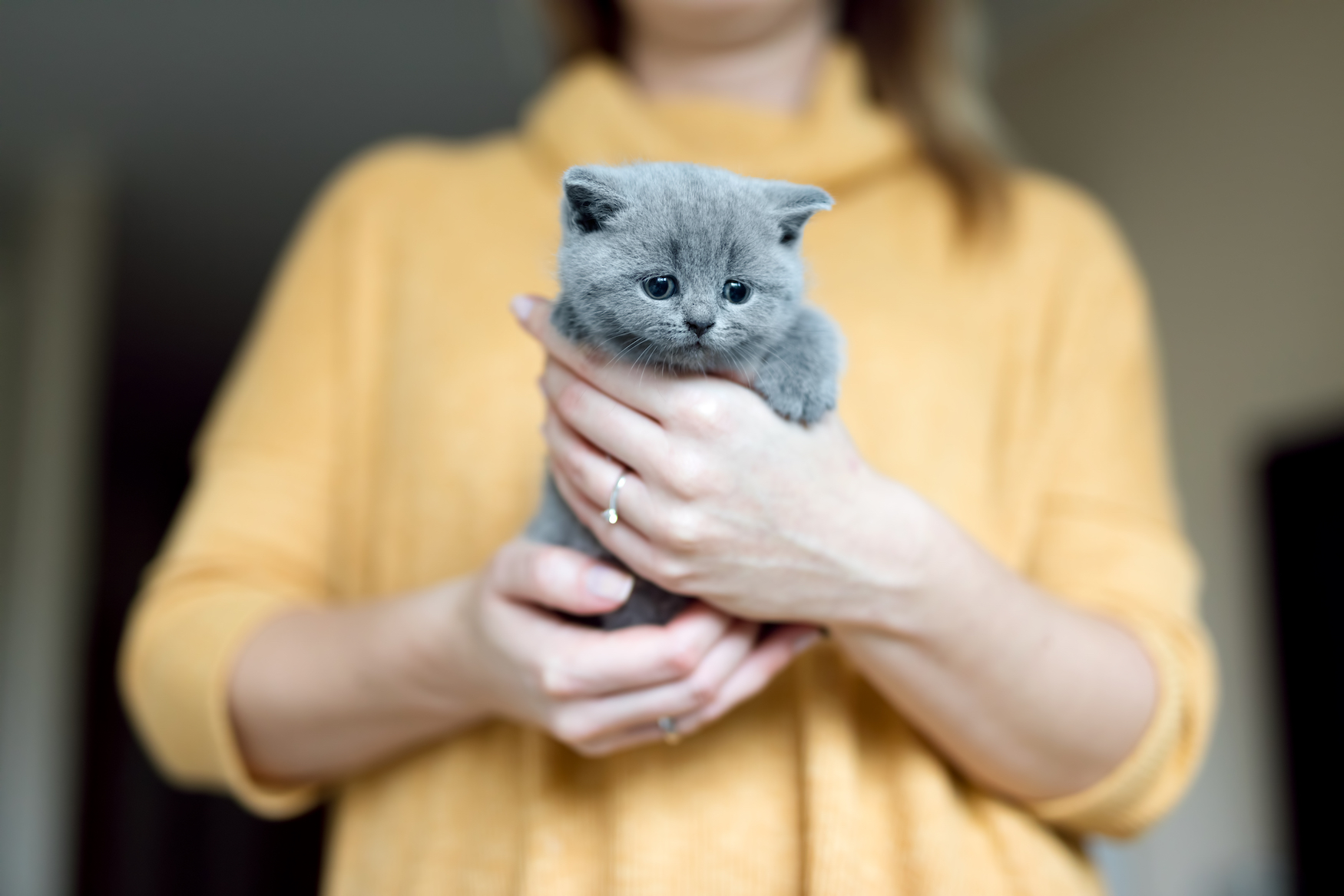HAVE YOU FOUND KITTENS?
Taking them to the shelter may not be the best thing for them.
Mom is usually nearby even if you don’t see her. Kittens under six weeks old should stay with their mom unless they’re sick, injured, or in danger. Aging kittens can be tricky, and we want to avoid separating them too soon.
Need help deciding what to do? Start here with our kitten aging guide & flow chart to decide whether to take the kittens:
Cats Thrive Outside
Community cats are unowned unsocial or ‘feral’ cats who live outdoors. Cats have thrived living outdoors alongside humans for over 10,000 years. These cats are members of our community and live full, contented lives in their outdoor homes. They are generally not socialized or friendly toward people, which severely limits their chances of being adopted and don’t belong in shelters. Outdoor cats should be altered to reduce the overpopulation and we can help you accomplish this.
Humane & Ethical Practice
Limiting overpopulation protects our community. Through our Community Cat Program, cats are humanely trapped, spayed or neutered, vaccinated, microchipped (and registered), ear-tipped, and returned to their outdoor homes. Ear tipping is the universal sign that a cat has been spayed or neutered. The alternative is to bring needlessly bring the cats to an animal shelter only to find new cats having replaced them as a result of the Vacuum Effect.
Wait & Watch!
Always wait several hours, or even a full day to see if a mother cat returns. Watch from a hidden spot or from inside so you don’t scare the mother cat away. Your presence may keep her from returning to her kittens’ nest.
Even if you don’t see the mother cat for a long time, check on the kittens periodically. If they are cuddled together and sleeping quietly, look pink, warm, and clean, and have full bellies, then their mother has very likely been back. You just didn’t notice. Community cats are good at staying out of sight when they want!
A Helpful Tip
Sprinkle flour near the kittens’ nest. If the mother cat returns, she will leave paw prints.
If you have waited for several hours or more than a day and have reason to believe the kittens’ mother is no longer around, step in to help them. Neonatal kittens (kittens 4 weeks old and younger) will need special supplies and round-the-clock care to survive.
What If The Kittens Are In Danger?
If a kitten is sick or injured, contact your local veterinarian right away if your kittens show these signs:
Signs of a sick kitten include:
- Thin stomachs and gaunt faces, visible ribs and spine
- Cold ears, bellies, and paws
- Pale gums and tongue
- Lethargy/almost no movement
- Excessively crusted eyes or nose
- Diarrhea or vomiting
- Struggling to breathe
Signs of an injured kitten include:
- Limping
- Visible wounds or sores
- Crying out in pain
There may be rare circumstances in which the kittens’ current environment places them in immediate danger. This is not a common scenario, so use common sense. For example, kittens may need to be removed if they are in an area that is about to be flooded or is close to a fire.
If possible, move the kittens to another outdoor spot as close to their original nest as is safe so their mother can find them.
If you believe mother and kittens are in more long-term danger, such as extreme weather or disaster conditions…
- Bring the whole family inside to a quiet, small room (like a bathroom). You can also use a large dog crate, covered with a blanket.
- Provide the mother cat and kittens with a carrier as a hiding place. Provide food and water, and a litter box placed as far away from the sleeping and eating area as possible.
What If Mom Doesn’t Return?
Determine how old they are by reviewing the Kitten Progression Chart.
Consider taking the kittens on as fosters before bringing them to the RHSPCA. We took nearly 1,100 kittens into our care last year. We could not have all the positive outcomes for those kittens without the help of foster families. Ordinary families, just like yours, whom we provided the resources and know how to help us save the little ones.
The RHSPCA will provide you with any supplies you need and all the know how to care for them. Young kittens cannot receive the attention and care they need in a shelter setting. By partnering with us to care for them we will together ensure the kittens get exactly what they need to get them ready for their adoptive homes. Please consider purchasing some of the supplies to help offset the cost of the full medical care that will be provided by the RHSPCA.
TNR Guide
Check out this resource for a step-by-step guide on how to Trap-Neuter-Return (TNR) cats and kittens over the age of 4 months and keep reading below to see how the RHSPCA can help you to TNR Community Cats!

